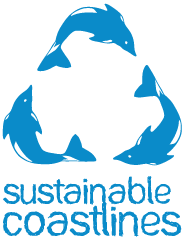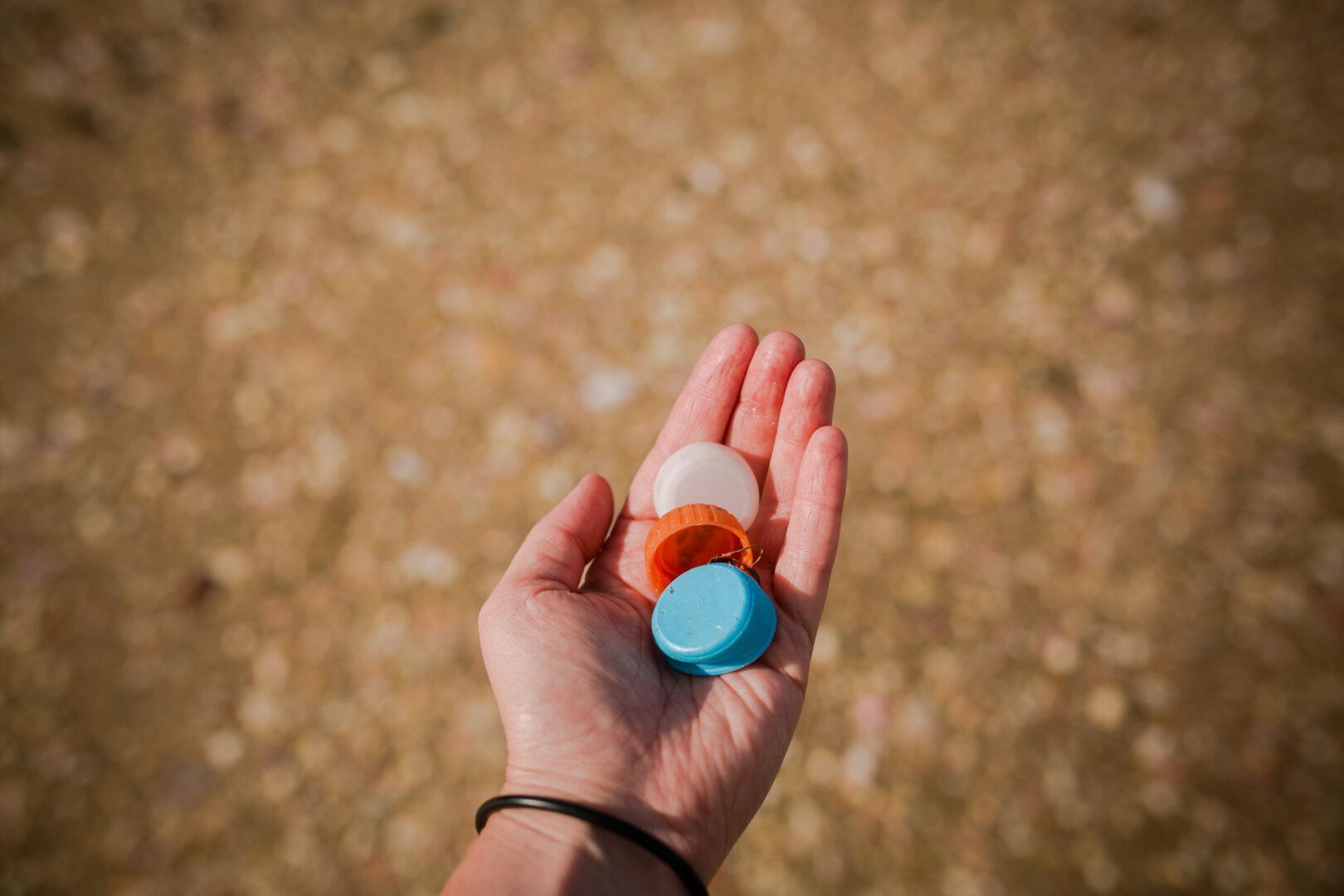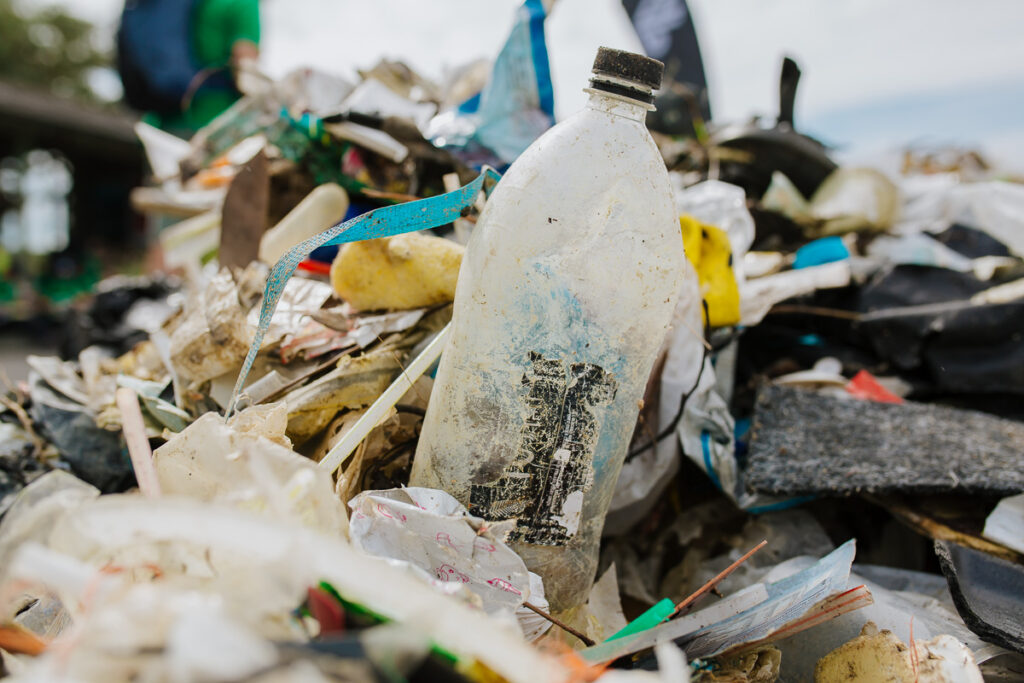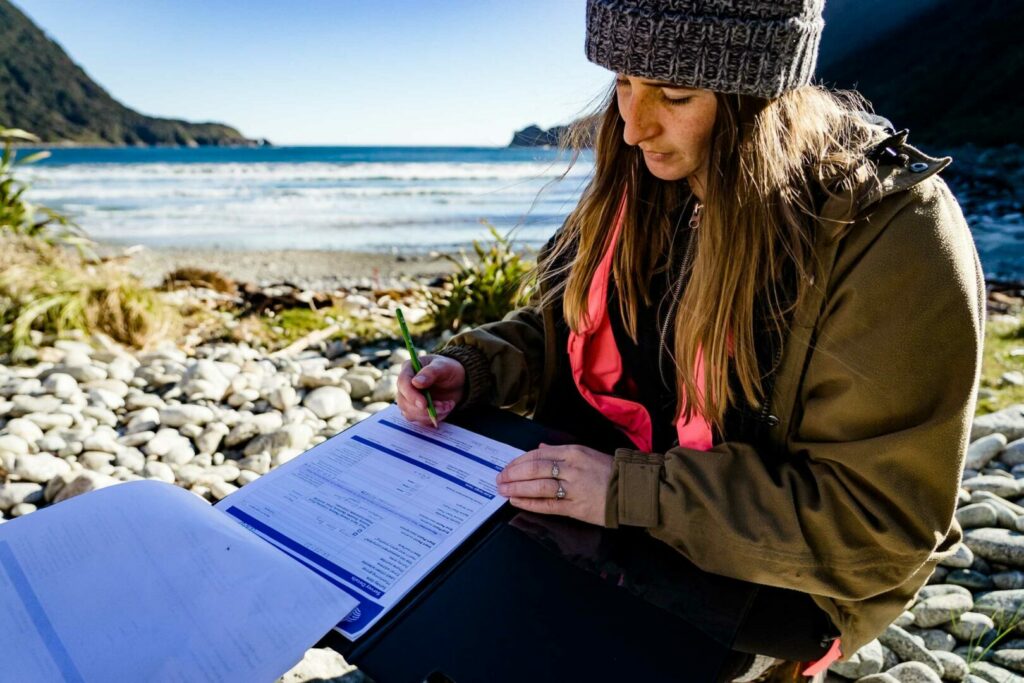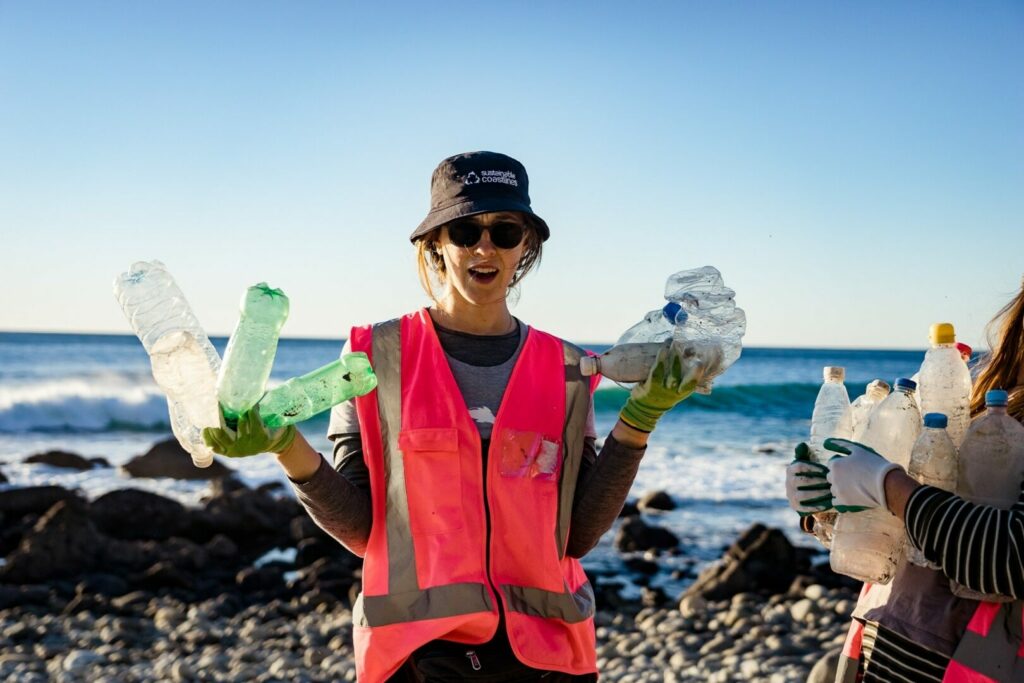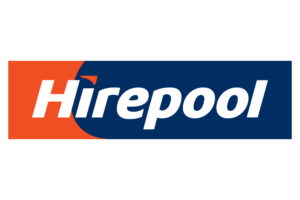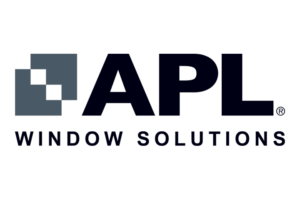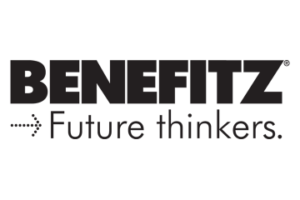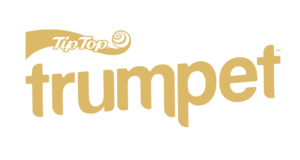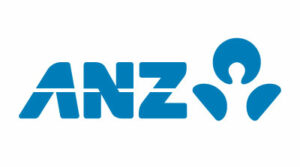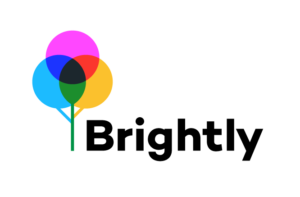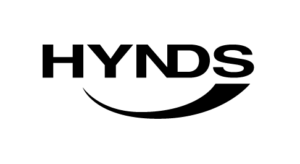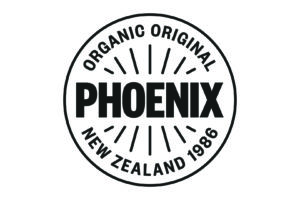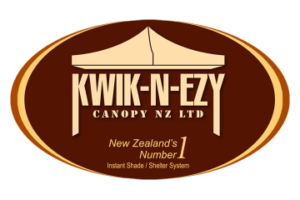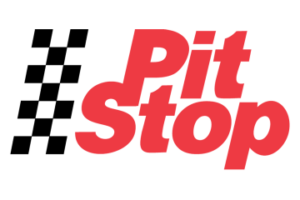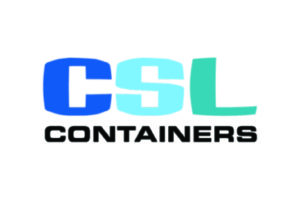A year to the day after it was announced, the government announced the deferral of the Container Return Scheme (CRS). Josh Borthwick, CEO of charity Sustainable Coastlines, says this news is disappointing given the huge public support for the programme and the potential it has to change the way we think about and deal with waste in Aotearoa.
In March 2022, the government announced the CRS as part of a proposal to overhaul current recycling and waste management, which also included standardising recycling across Aotearoa and food waste collections for business.
At the time, Sustainable Coastlines reported that 7.7% of litter items surveyed through their litter database, Litter Intelligence, were related to the items proposed in the deposit scheme.
